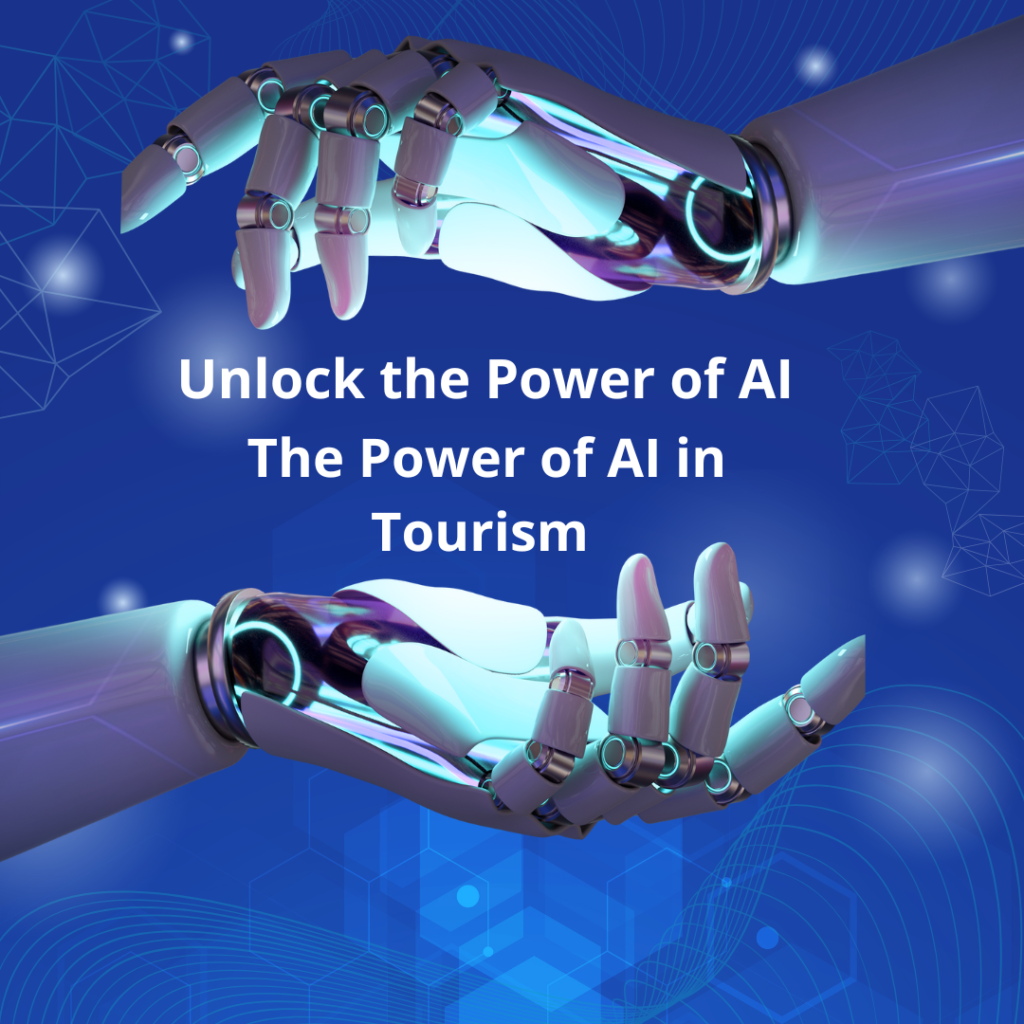How AI Travel Influencers Are Transforming Tourism
AI travel influencers are emerging as a new frontier in tourism, promoting destinations with personalized recommendations and a 24/7 online presence. These AI avatars combine data analytics and social media strategies to create an interactive and customizable experience for global travelers. A notable example is Emma, Germany’s AI-generated travel influencer introduced in October 2024, who has been designed to appeal to international audiences by showcasing German landmarks and cultural highlights. This innovative marketing approach reflects broader industry trends as tourism boards worldwide adopt AI for digital outreach.
AI in Tourism Marketing: Germany’s Emma
The German National Tourist Board (GNTB) has positioned Emma as a digital ambassador, highlighting landmarks like Berlin’s Brandenburg Gate and Cologne Cathedral through social media. Designed to act as a relatable guide, Emma is projected as a local with a strong grasp of German culture, bridging gaps between potential travelers and real-world experiences. Notably, Emma is multilingual, allowing her to connect with diverse audiences and respond to queries in over 20 languages, setting a new standard for accessible tourism marketing
Emma’s debut underscores Germany’s commitment to digital transformation, where AI-driven insights shape and streamline the tourist experience. This AI initiative aligns with Germany’s broader goals to make travel more engaging through personalized and interactive experiences, mirroring a global shift toward AI in tourism.
AI Versus Human Travel Influencers
Despite the advancements, Emma’s reception has been mixed. Industry professionals and human influencers have expressed concerns about AI’s potential to replace human experiences. Many social media users have criticized AI influencers for lacking genuine experiences and insights that human influencers offer. Real-life influencers and travelers argue that Emma’s scripted suggestions cannot replicate authentic human reactions or personal travel stories, essential elements that resonate with audiences.
In response, the GNTB has clarified that Emma is not intended to replace human influencers but to supplement their efforts. This dual approach, where human and AI influencers work alongside each other, reflects a strategy to balance AI’s efficiency with the authenticity that human storytellers provide.
Also Read: Perplexity AI vs. Google Search: Who’s Leading the Future?
Other AI-Driven Tourism Initiatives
Germany’s approach is part of a larger trend in which destinations integrate AI to enhance tourism. For instance, Ireland has used AI to create tailored itineraries, providing visitors with recommendations that avoid overcrowded attractions while highlighting underexplored sites. Similarly, Denmark and the Netherlands have implemented AI systems to help manage visitor flow and distribute tourists across lesser-known spots, promoting sustainable tourism.
In the United States, tourism organizations like Brand USA have also invested in AI to analyze visitor data and refine promotional content. This trend indicates a growing preference for data-driven strategies that allow destinations to adapt dynamically to traveler preferences and market demands.
The Role of AI in Travel Planning
AI-driven travel planning tools are becoming increasingly popular, especially among younger travelers who value personalization and ease of access. These tools utilize data analytics to deliver curated itineraries based on user preferences, demographics, and real-time travel conditions. For example, some AI systems provide customized dining options, sightseeing recommendations, and even event schedules, allowing tourists to create highly personalized experiences.
One advantage of AI over traditional travel guides is its adaptability. AI tools can adjust recommendations based on weather, crowd levels, and even local events, which can be updated in real-time. This dynamic approach enhances trip planning, making it more convenient and tailored to the user’s preferences.
Challenges and Future Prospects of AI Travel Influencers
AI influencers in tourism face challenges related to authenticity, trust, and engagement. Some travelers are wary of AI recommendations, questioning whether an algorithm can understand personal travel motivations and nuanced cultural experiences. Research indicates that while AI can provide valuable information, many travelers still prefer human input when it comes to exploring new places.
However, AI travel influencers are likely to evolve with advancements in machine learning, potentially enabling them to deliver increasingly refined and empathetic interactions. As AI continues to integrate with virtual and augmented reality, future AI influencers may offer immersive previews of destinations, allowing users to virtually “explore” places before booking.
The journey toward fully autonomous AI travel influencers is ongoing, but the potential is vast. With continued development, these systems may overcome current limitations and become a trusted resource, particularly for initial trip planning stages or as a complement to human travel guidance.

